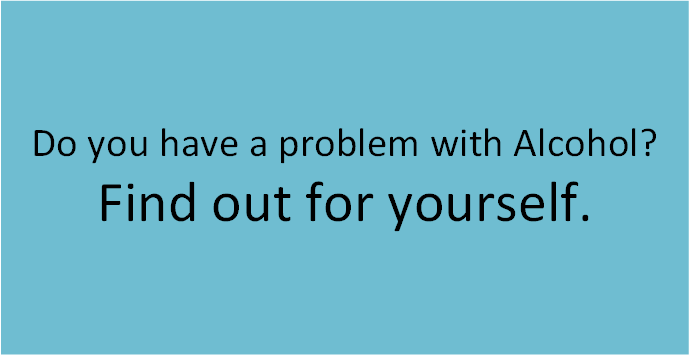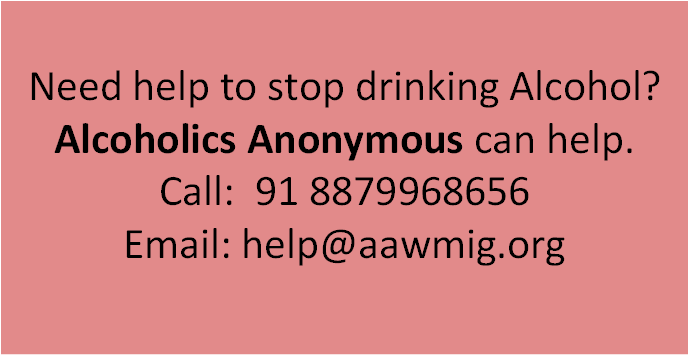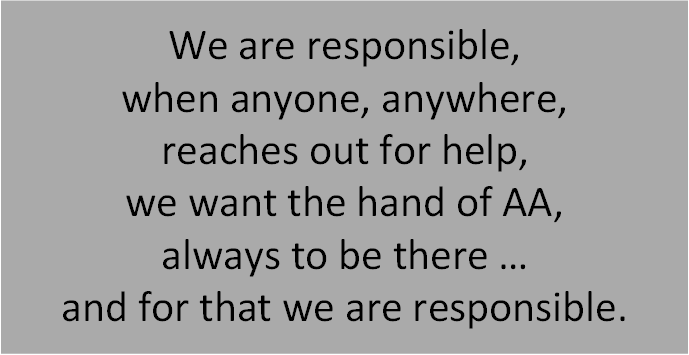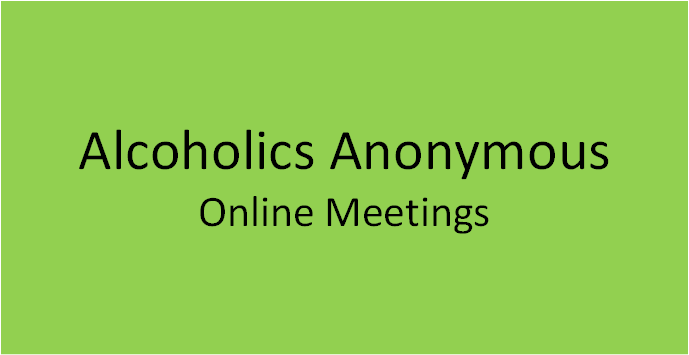Sponsorship in A.A. has been described variously as a one-on-one meeting, a Fifth-Step partnership, Twelfth Stepping, and a godsend. It is as old as co-founders Bill W. and Dr. Bob keeping each other sober 50 years ago in Akron. It is as new as the lifeline being forged this minute as some oldtimer, or group as a whole, welcomes a sick, bewildered newcomer.
How do we make the newcomer want to keep coming back? The question is especially critical today when groups are apt to be larger; with more new people arriving the beginner often goes unnoticed.particularly if he or she is fresh out of a treatment facility, sober, and looking good. As a result of experience shared at general sharing sessions, Regional Forums, workshops, and by individual A.A.’s, some ways to more effectively carry the message have emerged. A few of them are:
- At large meetings, ask those present who have attended less than three meetings (or those in their first week or month of sobriety) to identify themselves – “not to embarrass you, but so we can get to know you.”
- Break up a large meeting into smaller groups, at least for part of the meeting.
- Station greeters at the meeting room door.
- Suggest temporary sponsorship to the newcomer as a way of not getting lost in the crowd.
As most A.A.’s come to realize, we have to give our sobriety away, through the shared experience, in order to keep it. Following are the personal experiences of some longtime members. They show that while the concept of sponsorship is universal in the Fellowship, its expression is highly individual.
Bob N., Columbus, Ohio, 19 years sober: “Sponsorship? It’s a good idea! As a sponsor, I can help so long as I’m not pushing the person but, rather, bringing questions about recovery out of him with warmth,
empathy, humor, and detachment. In 1950, just before he died, Dr. Bob spoke briefly at an A.A. conference. I remember his injunction: ’Let us remember those who came before us, took us to a few meetings, told us what we needed to know, and did numerous kind things for us that we couldn’t forget.’ I remember those sober alcoholics who were there behind me, and I try to do the same for those ahead.”
Norrine S., Pompano Beach, Florida, 11 years: “Sponsorship is an awesome responsibility, a real commitment. Early on, my sponsor gave me ’tough love.’ I learned that if I put my sobriety in A.A. first, the other problems would take care of themselves. Today, I tell my sponsees how it is. I’m available with unconditional love, but I don’t let myself get emotionally involved. If I do, the big ’I’ takes over and I lose perspective.”
Jim G., Tiburon, California, 18 years: “When I came to A.A., I didn’t want to live. But I stayed close to members with a zest for living, and they brought me up from depression. Some meetings today are so large, it’s hard to spot a newcomer; I try to be on the lookout for them. Even if they look fine, I know they’re scared inside just as I was.”
Suzanne W., Albany, New York, 9 years: “When newly sober, I joined a group of almost all men, a number of them oldtimers. One, named Whitey, was 41 years sober when he died recently. Sometimes gruff on the outside, he was a marshmallow inside. I gave him my head on a platter and he screwed it back on. He taught me how to pray, literally, and so much else that kept me sober. Today, whenever I speak, I talk about sponsorship. And group membership. Both have been vital to my recovery.”
Lynn H., San Francisco, California, 14 1/2 years: “I didn’t like being sponsored in the beginning, but it proved essential to my sobriety. My sponsor didn’t drive, so I wound up taking her to a meeting every day. I used to wonder what she had done before me, or was it the other way around? Now I try to be available to those I sponsor, as she has been to me.”




